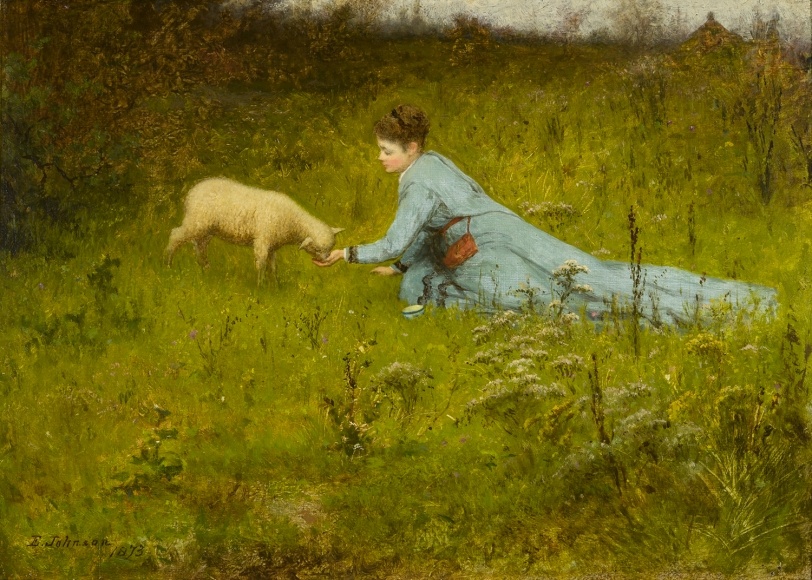In the Meno, Plato explores the process through which virtue can not only be defined but also acquired.
The problem of understanding the acquisition of virtue stems from a crucial question that arises early in the work: Why do worthy people in one generation cannot pass on the values they have acquired on to their children?
This larger question leads to the further, more detailed, questions. Can virtue be taught if we do not know already what it is? And if virtue can be taught, then awareness of this knowledge can change one’s life, in one or several ways.
If virtue is already embedded in the human soul (assuming that virtue partakes of the larger good, or the beautiful), then learning must be merely recollection. Thus, there is a link between knowledge and true belief.
This leads us to the awareness that all learning is a remembering. Socrates demonstrates this by teaching the slave boy geometry by asking questions.
However, Socrates did not teach the slave boy anything – he was merely helping the slave boy remember what the slave boy already knew; Socrates is merely reminding the slave boy through his questions; he is helping him remember.
Thus, the slave boy seeks the beautiful for a reason – because he has an idea and seeks a way to give birth to this thought. Therefore, he is drawn to the beautiful. However, he is merely giving birth to something that he always and already possessed.
Nevertheless, this attempt at explaining virtue ultimately fails leading us to “Meno’s paradox,” wherein Plato expounds his theory of recollection. The paradox hinges on the problem of acquiring knowledge, and clearly understanding the knowledge thus arrived at.
Meno’s paradox states that either we know what we are searching for, or we do not. If we know what we are searching for, then the search is pointless, since it would be difficult to search for something that we already know.
And if we do not know what we are searching for, the search is impossible, because how can we search for something that we will never know? Therefore, to search for knowledge is either pointless or impossible.
In effect, when we search for knowledge, we are engaging in a process that is all or nothing. A question akin to this process is whether we can know something partially, and then we search to expand our knowledge.
But this again implies that if we have partial knowledge, we still have acquired knowledge about that something. Consequently, both empirical and non-empirical inquiry disintegrates.
It is at this stage that Plato expounds his Theory of Recollection, wherein he argues that we have knowledge prior to birth, and that the soul knows everything, but forgets it.
Therefore, the acquisition of knowledge is merely a recollection of all that we have forgotten. The slave-boy is test case for this theory. First of all, the slave boy gives two misguided answers. Then, Socrates guides the slave boy to true belief. Lastly, Socrates suggests that this true belief can be made into true knowledge.
Virtue, then, is knowledge, and this it can be acquired through education and training – although it is crucial to realize that this acquisition is an act of remembrance by the soul. And one soul may by nature have a greater aptitude than another for acquiring virtue.
Thus, we see that virtue is an innate quality that can be made to emerge under the proper guidance and education.
